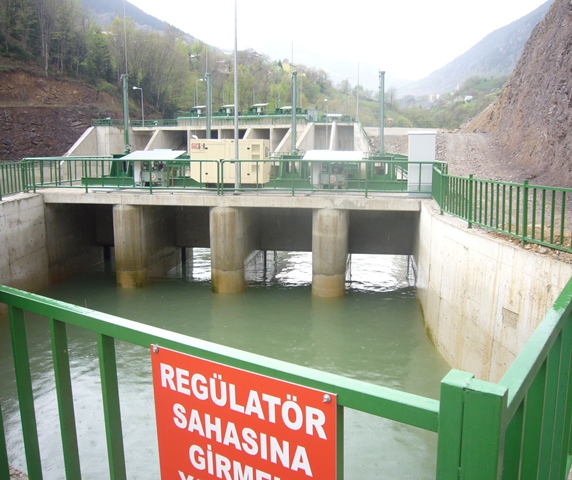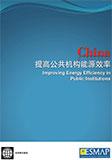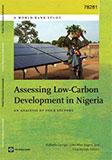E-BulletinIssue | August - September 2013
Highlights
July 18 2013
Over the past two years, ESMAP has supported the development of a Sourcebook on Strategic Development of Industrial Energy Efficiency for Uzbekistan. That study informed the creation in mid-July of a US$100 million facility for industrial energy efficiency in Uzbekistan financed by the World Bank. The findings of the study were presented to senior representatives of industrial enterprises, state regulators, and government ministries in Tashkent at the end of July.
September 4 2013
In 2010, Turkey’s Ministry of Environment and Urbanization requested World Bank assistance in developing a methodology to integrate cumulative environmental impact assessments into the planning and execution of future hydroelectric power projects. The resulting ESMAP-supported report was a first-of-its kind undertaking designed to ensure that the rapid development of multiple hydropower plants is consistent with environmental sustainability. Published in early 2013, the study was the result of an 18-month process that included workshops and consultations with public authorities, international finance institutions, and NGOs.
June 12 2017
Over 250 World Bank Group staff and selected participants from World Bank partners have now taken part in a comprehensive renewable energy training program developed by ESMAP, in partnership with the IFC. Modules have been conducted covering wind power; solar PV; geothermal energy; policy incentives and support mechanisms; financing options; grid integration, transmission and distribution; concentrated solar power (CSP); and biofuels. Materials from these training sessions are now available online, including a wide variety of presentations by World Bank experts, academic specialists, and practitioners from technology and service providers.
June 12 2017
While the interest of policy makers in the nexus between electrification, productive electricity usage and development impacts has been increasing steadily over the last decade, there still remains a lack of robust evidence on the causal effects of electrification. A new GIZ-ESMAP study sets out to improve the understanding of this issue. The report examines the impact of electrification on micro-enterprises, and lays out an improved toolkit to evaluate the impact of electrification programs.
Publications
Resources
Events
Learning and Collaboration
Published on: 09/10/2013








